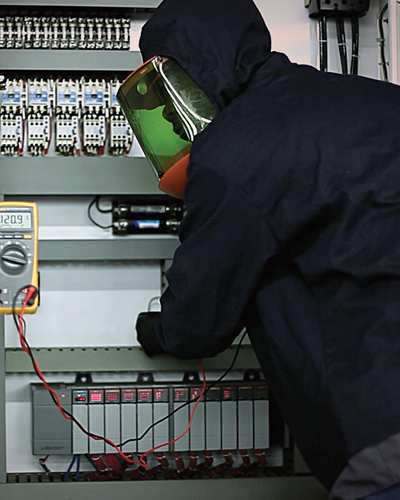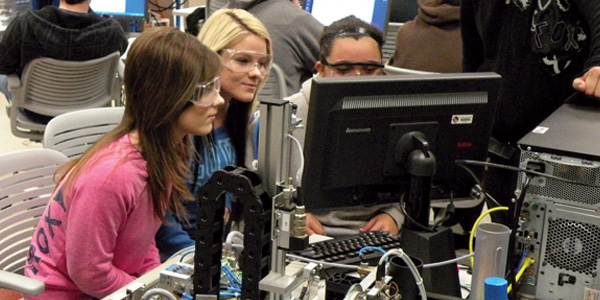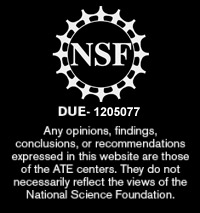
SCA
National Center for Supply Chain Automation
Norco, CA
www.supplychainautomation.com
Contact
Colleen Molko
Executive Director
colleen.molko@norcocollege.edu
(951) 739-7808

SCA Showcases New Supply Chain Careers
Supply chain technicians install, operate, support, upgrade or maintain the automated material handling equipment and systems that support the supply chain. The supply chain encompasses commercial enterprises such as retail, pharmaceutical, and food processing businesses, as well as various public sector operations. SCA showcases new career opportunities in this field that are crucial to so many industries.
SCA released a free e-textbook, Introduction to the Automated Warehouse, that provides a comprehensive overview of the systems found in automated warehouses or distribution centers. Students in programs such as mechatronics or industrial maintenance have another career opportunity as supply chain technicians.
SCA Helps Colleges Address Supply Chain Workforce Growth
Currently, supply chain technicians and mechanics are estimated to number nearly 2.4 million in the U.S. They are projected to grow by 11% by 2025. In addition to the new growth, companies are expected to replace about 22% of their current supply chain technician workforce, thus creating about 770,000 total technician-level job openings (both new and replacement) between 2015 and 2025.
These findings are the basis of SCA’s advocacy for community colleges to add supply chain certificate and degree programs. To help colleges start new programs, SCA collaborated with industry to develop a model program that prepares students to work in automated warehouses. SCA’s model program focuses on the skills necessary to be successful in facilities throughout the US. It emphasizes critical thinking, problem solving, and a hands-on teamwork approach to learning. Educators can work directly with their local employers to customize SCA’s model program to meet their particular needs.
Renewal funding that the SCA received in October 2016 will allow us to
1) expand our work into the top 19 states with the greatest concentration of supply chain activity,
2) establish a national symposium for Supply Chain Automation,
3) establish a nationally-recognized industry certification for supply chain technicians,
4) increase the number of individuals from underrepresented populations entering into the field of supply chain automation, and
5) disseminate informational resources to our various stakeholders.



